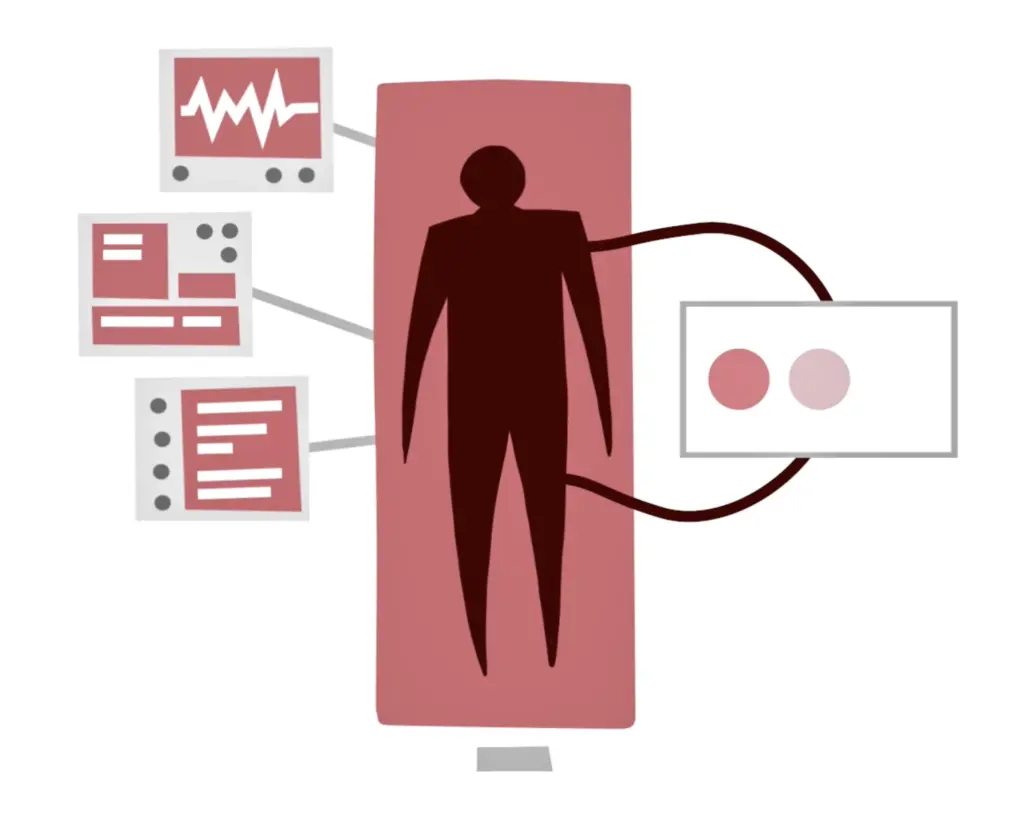
Who is IFPBM?

What is Patient Blood Management?
-

Blood Health Matters: Urging EU Policy Action on PBM Implementation
-

Anesthesia & Analgesia’s November Issue is a Global Call for Urgent Patient Blood Management Implementation
-

The World Federation of Societies of Anaesthesiologists Endorses the World Health Organization’s PBM Guidance
-

World Health Organization Releases Groundbreaking Guidance on Patient Blood Management to Address Global Blood Health Crisis
-

World Health Organization Releases Groundbreaking Guidance on Patient Blood Management in Portuguese language
-

New Patient Blood Management Program Implementation and Assessment Tool Launched to Improve Compliance with Global Guidelines
International Foundation For Patient Blood Management
The International Foundation for Patient Blood Management is committed to ensuring that a patient’s own blood, this unique and vital human resource, is appropriately managed and maintained in health and disease. To this end the Foundation promotes scientifically based medical and surgical Patient Blood Management techniques aimed at conserving a patient’s blood and minimizing or avoiding the need for the transfusion of allogeneic blood components.
Patient Blood Management
is a patient-centered, systematic, evidence-based approach to improve patient outcomes by managing and preserving a patient’s own blood, while promoting patient safety and empowerment.
Evolving Standards
The shift away from standard transfusion practice to Patient Blood Management (PBM) is gaining momentum worldwide. The World Health Organisation (WHO) has highlighted the importance of Patient Blood Management and the European Commission has published two guides on Patient Blood Management. In Australia, the National Blood Authority has published Guidelines to implement PBM. However it is a ‘paradigm shift’ that will take time to finally become the new ‘gold standard’ of care.
Organizations such as the International Foundation for Patient Blood Management are at the forefront of this shift. Established in 2015 as a not-for-profit Swiss Foundation, the Foundation’s aim is to improve patient outcomes by promoting, expanding and improving evidence-based PBM in clinical practice. Driven by the world’s leading PBM experts and grounded in scientific validation and evidence-based practice, the Foundation promotes education and training to enable change.






